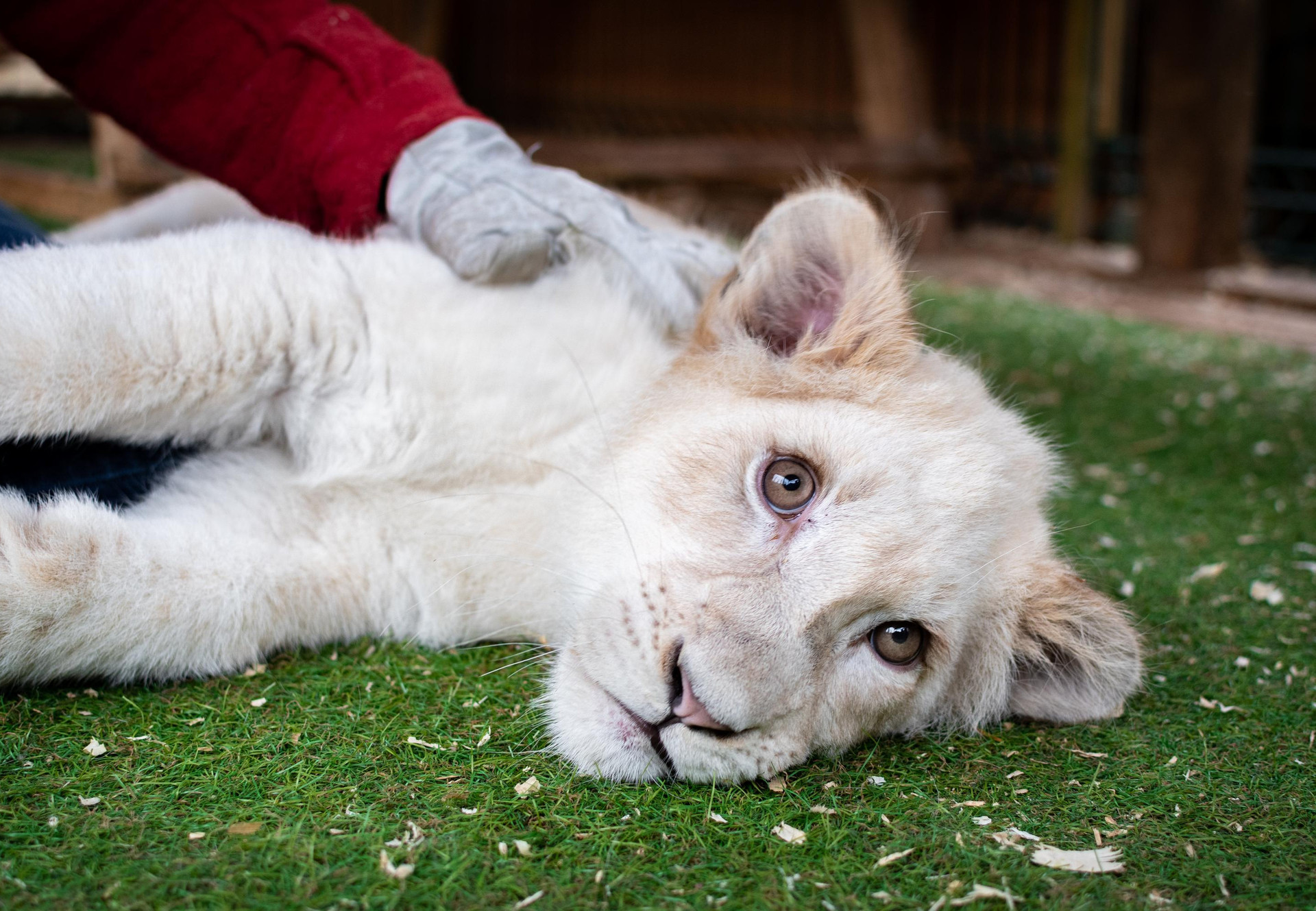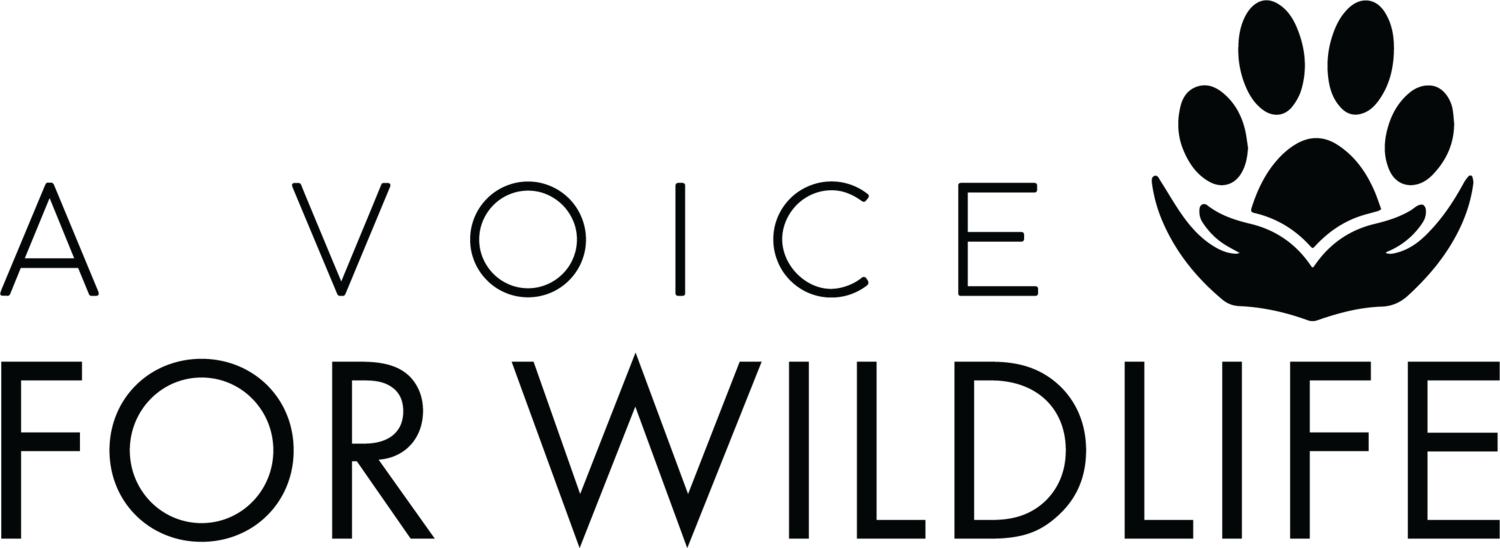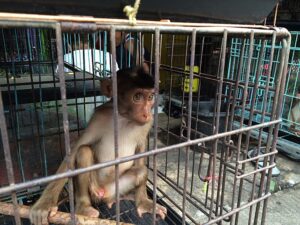Say no to petting lions: A call for ethical tourism and wildlife conservation.
In recent years, the practice of petting and interacting with lions has gained
popularity as a tourist attraction in certain parts of the world, particularly in
Africa. However, behind the seemingly innocent facade lies a dark reality of
exploitation, cruelty, and environmental degradation.
Petting lions, often touted as a once-in-a-lifetime opportunity to get up
close and personal with these majestic creatures, is inherently unethical
and detrimental to both the animals and their natural habitats. Many of
these facilities breed lions in captivity, subjecting them to a life of
confinement and exploitation for the financial gain of the operators.
The process of hand-rearing lions for petting purposes not only deprives
them of their natural instincts and behaviors but also perpetuates the cycle
of captivity and exploitation. These animals are denied the opportunity to
live freely in their natural habitats, where they play a vital role in maintaining
the health and balance of ecosystems.
Furthermore, the practice of petting lions poses significant risks to human
safety and well-being. Despite their seemingly docile demeanor, lions are
wild animals with unpredictable behavior, and interactions with humans can
result in serious injuries or even fatalities.
From an environmental perspective, the proliferation of lion petting facilities
contributes to habitat destruction and loss of biodiversity. Land that could
otherwise be used for conservatior poses or sustainable ecotourism is
the health and balance of ecosystems.
Furthermore, the practice of petting lions poses significant risks to human
safety and well-being. Despite their seemingly docile demeanor, lions are
wild animals with unpredictable behavior, and interactions with humans can
result in serious injuries or even fatalities.
From an environmental perspective, the proliferation of lion petting facilities
contributes to habitat destruction and loss of biodiversity. Land that could
otherwise be used for conservation purposes or sustainable ecotourism is
instead converted into commercial enterprises that prioritize profit over
environmental stewardship.
As responsible travelers and advocates for wildlife conservation, it is
imperative that we say no to petting lions and other forms of exploitative
wildlife tourism. Instead, we should support ethical and sustainable tourism
practices that prioritize the well-being of animals and their natural habitats.
By choosing to visit accredited wildlife sanctuaries and conservation areas,
where animals are treated with respect and given the opportunity to live
freely in their natural environments, we can contribute to the conservation
efforts and help protect these iconic species for future generations to enjoy.
In conclusion, saying no to petting lions is not just a matter of personal
choice; it is a moral imperative and a critical step towards promoting ethical
tourism and wildlife conservation. Let us stand united in our commitment to
protect and preserve the precious wildlife of our planet, ensuring a future
where lions and other species can thrive in their natural habitats.



